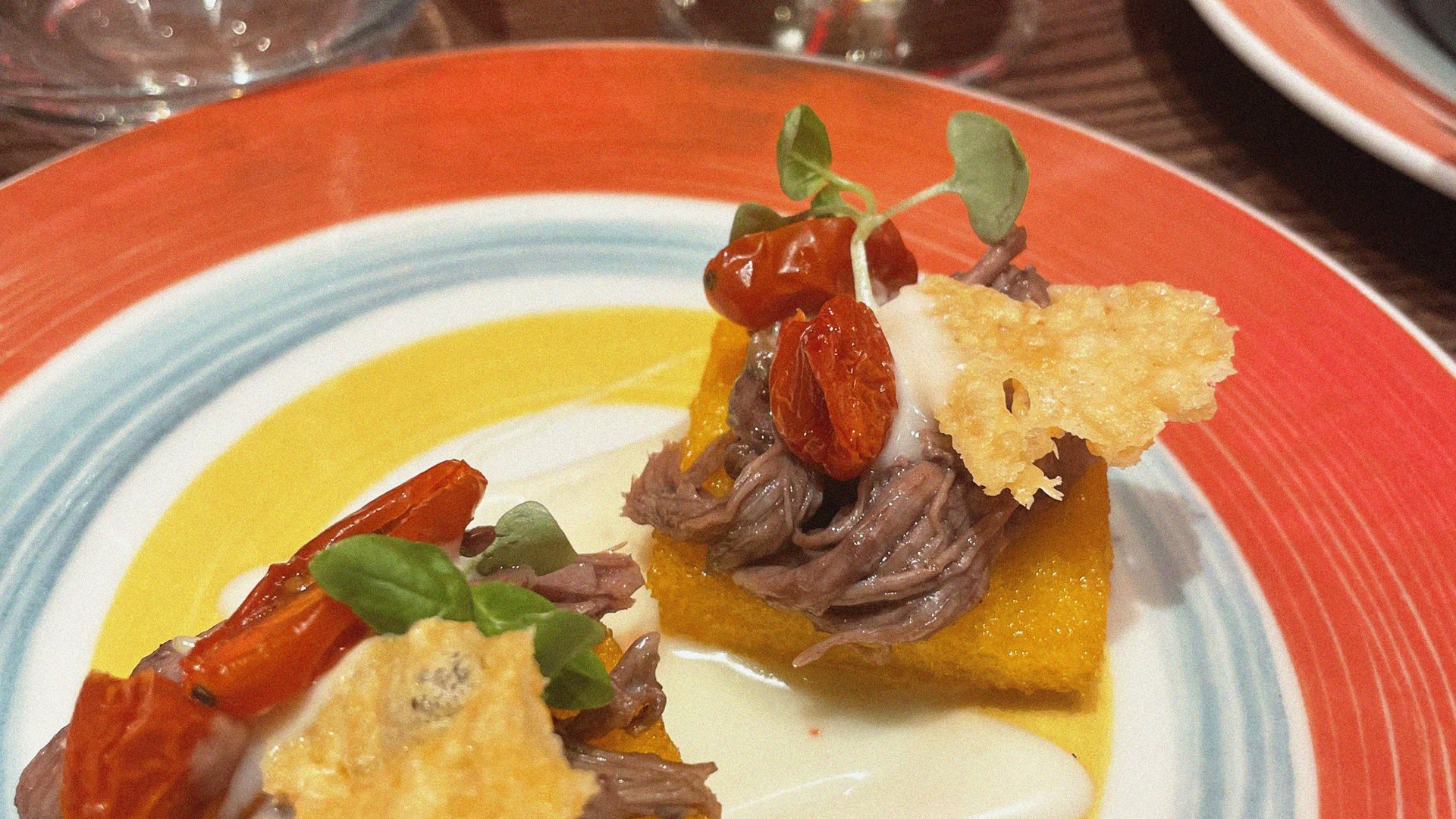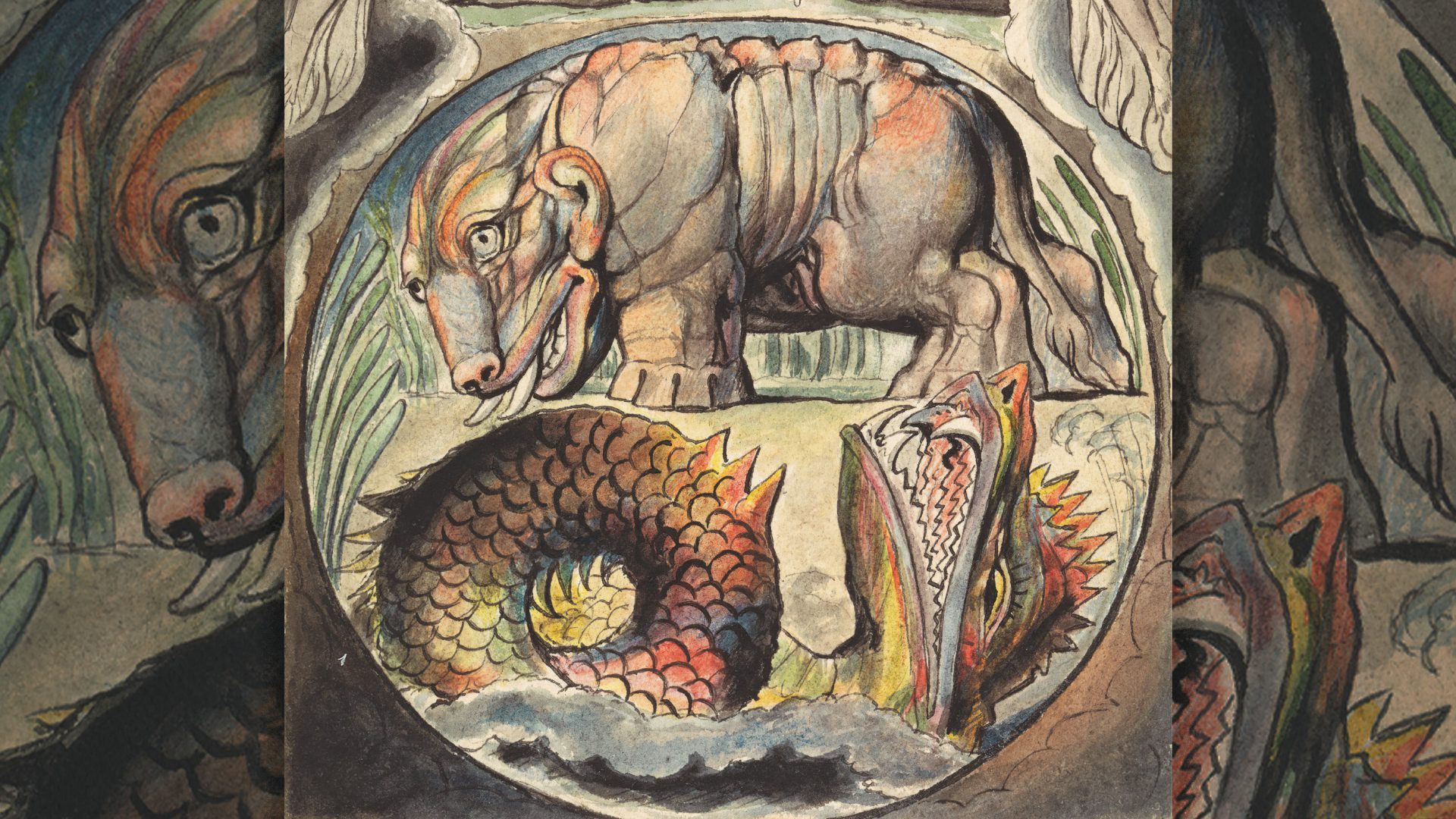In July, I’m going to Ischia, a lesser-known Italian island four miles from Naples. It is apparently the softer, gentler playground of wealthy Neapolitans, a place to drink rosé on stone terraces and look out into the calming blue waters off the Amalfi coast. To listen to smooth DJs at beachfront bars and drive artfully waxed cars along winding seaside roads.
I’m visiting because it’s the home of my friend’s fiance, whose parents live there quietly, bathing in sunshine and drizzling fine olive oil on to bright red tomatoes. But before Ischia, I shall walk around Napoli, sampling slices of pizza and drinking small and exceedingly cold glasses of beer.
Given there is, much the same as in any city, a tourist Napoli and a proper one, I sought the advice of a Neapolitan friend, Andrea Ascuiti. He is stressed because Napoli sit just a point above Inter Milan – my Italian team – in Serie A and because he just opened his second branch of 081 Pizzeria in London. He also has a new baby in tow. He’s up against it.
The last thing he needed was me bowling into his new place asking about where to go in his home town; where to eat, drink, and all that jazz. But he is a lovely man and he made time. So we sat down in 081 and discussed matters of state, moving swiftly on from football – a cause of deep worry – to his newborn son and then to food and drink, by far the most important topic of any conversation on any day.
I have eaten pizzas from 081 on countless occasions. They are superb – floppy, made with fine San Marzano tomatoes and fior di latte, the edges blistered and puffed up to be warm pockets, the dough a little sour, chewy and light. Ascuiti is traditional and doesn’t like to deviate from Neapolitan ways. He follows the rules.
He does so too with what he calls Neapolitan tapas, the street food of Napoli; snacks that sound mad and are. I have this theory about the city: there, at the foot of Vesuvius, still active, still alive, they live each day as it comes. They speak their own language, have their own style, eat their own food and drink their own wine. They are themselves volcanic and to be in Napoli is to feel the warmth that exudes from them and its ancient walls.
This is true of Ascuiti who, despite the life-changing events of his recent past, remains so lighthearted and humorous you cannot help but wonder why he moved to London in the first place. Probably to build a mighty empire.
Anyway, his tapas. The good madness is reflected in each bite. Each item is irreverent, playful and without pretence. The ingredients used are prized yet nothing costs more than a tenner. It does make you wonder about some of the prices put on by some British chefs.
Over a Moretti, we had well-known bites like arancina, these filled with ragu and fresh peas; salt cod croquettes with lemon and basil mayonnaise; more of lobster. But then came the fittatina, deep-fried Italian macaroni cheese filled with minced meat and béchamel. Astonishingly moreish and comforting. And then Sicilian red prawns, served as a tartare and with a little garlic, a dusting of lemon zest and with baked pizza dough topped with oregano.
There were also aubergine balls served with pesto and pecorino fondue, and cocche – fluffy ovals of soft deep-fried mashed potato – which arrived sliced in two and filled with mortadella, parmesan and “pistachio sprinkles”. The best of the lot was what Ascuiti calls Scagliozzo: small, dainty blocks of crispy polenta topped with slow-cooked beef rib, cheese fondue, dried tomatoes and a parmesan crisp.
I say this with pure, unadulterated reverence: it’s like an Italian version of a McDonald’s cheeseburger; the perfect bite, one that I can’t imagine anyone, anywhere, wouldn’t like. Washed down with lager, it’s sublime.
I look forward to more of the same in Napoli when I return newly anointed. In its winding and chaotic streets, I shall eat more of these, perhaps with Ascuiti in tow for a short evening, and immerse myself in a food and drink culture that thrives on being ever-present, hot and fiery like the oven, the pizza, or the volcano.




